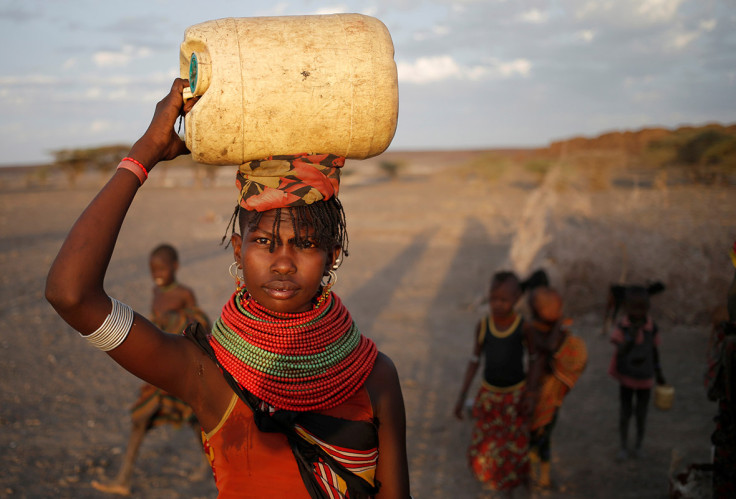Kenya ready to take action after US freezes aid to health ministry over corruption
Suspension covers funding for salaries and wages, operations, domestic and international travel.

The Kenyan government has promised to take action after the US government announced its decision to suspend aid worth $21m (£16m) because of corruption concerns.
USAID on Monday 8 May issued a notice informing the government that funding for various health-related programmes and administrative support would be suspended until certain conditions imposed by the US authorities are met.
Direct health service delivery, including life-saving treatment, prevention, outbreak or emergency response, family planning promotion and tackling HIV/Aids has not been frozen and will continue to receive donor cash from the US agency.
"We took this step because of ongoing concern about reports of corruption and weak accounting procedures at the ministry," a statement by the US embassy in Kenya, said.
In his first reaction, Kenya's health minister Cleopa Mailu said in statement that the ministry is committed to "prudent financial management and accountability".
He also confirmed his ministry had been in contact with the US authorities to address its concerns over accounting processes and procedures that revolve around corruption.
The suspension represents only represents around 3.2% of the overall US assistance to Kenya's health system, which exceeded $650m.
The measure comes two months after Kenyan doctors called off a 100-day-long strike, coining it the most painful struggle in the history of the East African nation.
The doctors union (KMPDU) began a strike on 5 December 2016 over the government's failure to implement a pay package conforming to an agreement signed in 2013. As the strike lengthened, President Uhuru Kenyatta urged the medics to return to duty, and the doctors were, in February, given an ultimatum to report to work or be sacked.
The US is Africa's largest bilateral aid donor with an estimated $9bn (£7.2bn), followed by the UK ($4bn or £3.2bn) and France ($2bn, £1.6bn), according to 2015 figures from the Organisation for Economic Co-operation and Development (OECD).
© Copyright IBTimes 2024. All rights reserved.






